

Our new study @nature.com analysed plant diversity change in >2000 tundra plots over 4 decades. We found that plants changed unevenly, mostly driven by warming and biotic interactions.
www.nature.com/articles/s41...
🧵 (1/7) 🌐🧪🌱🌍

Our new study @nature.com analysed plant diversity change in >2000 tundra plots over 4 decades. We found that plants changed unevenly, mostly driven by warming and biotic interactions.
www.nature.com/articles/s41...
🧵 (1/7) 🌐🧪🌱🌍

Shrub specimens can be used to recreate annual growth chronologies and help understand plant responses to global change.
With @annebeejay.bsky.social, ZA Panchen, JDM Speed
nph.onlinelibrary.wiley.com/doi/10.1111/...
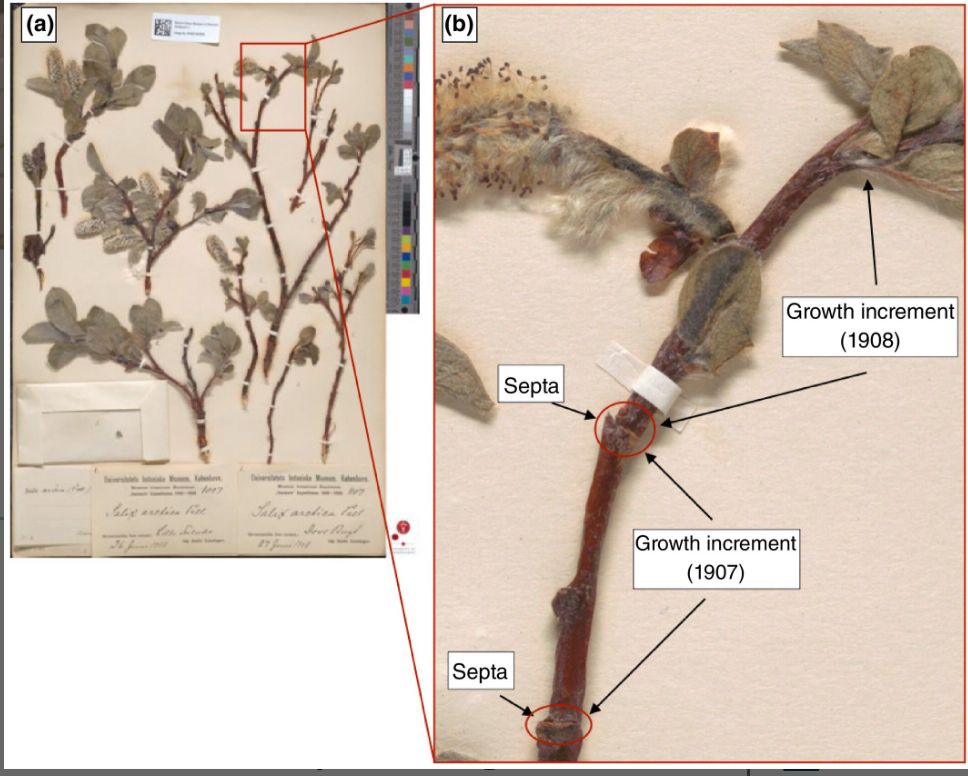
Shrub specimens can be used to recreate annual growth chronologies and help understand plant responses to global change.
With @annebeejay.bsky.social, ZA Panchen, JDM Speed
nph.onlinelibrary.wiley.com/doi/10.1111/...
doi.org/10.1002/edn3...
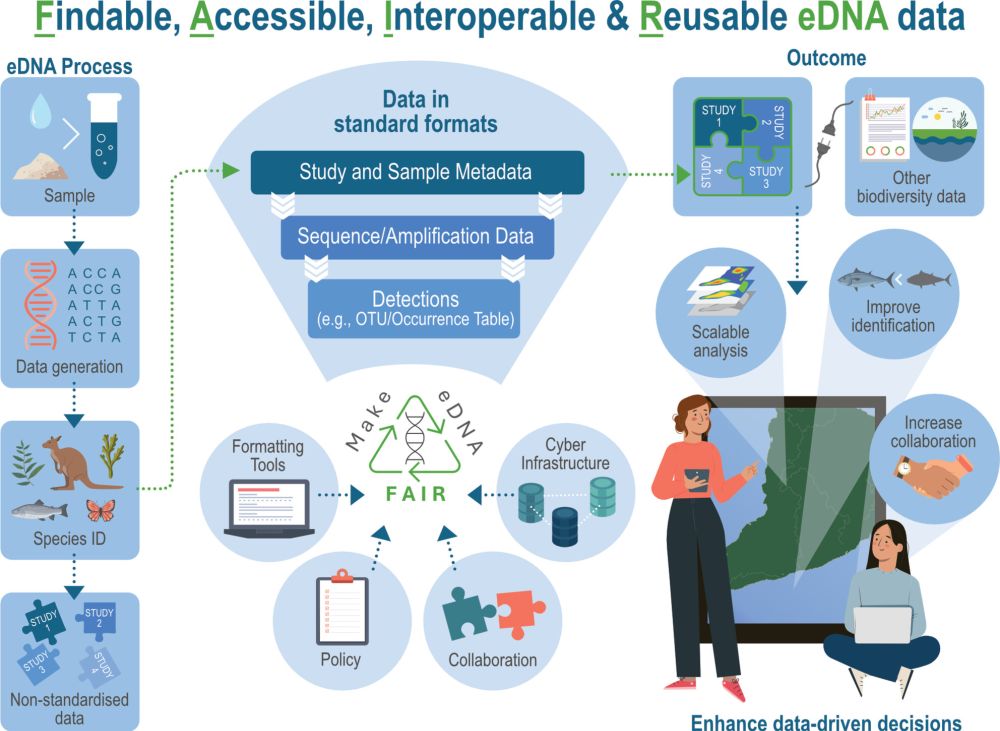
doi.org/10.1002/edn3...
nph.onlinelibrary.wiley.com/doi/10.1002/...
#SciComm by @grrlscientist.bsky.social
#bees #pollinators #insects #wildflowers #ecology www.forbes.com/sites/grrlsc...
nph.onlinelibrary.wiley.com/doi/10.1002/...
#SciComm by @grrlscientist.bsky.social
#bees #pollinators #insects #wildflowers #ecology www.forbes.com/sites/grrlsc...

nph.onlinelibrary.wiley.com/doi/10.1002/...
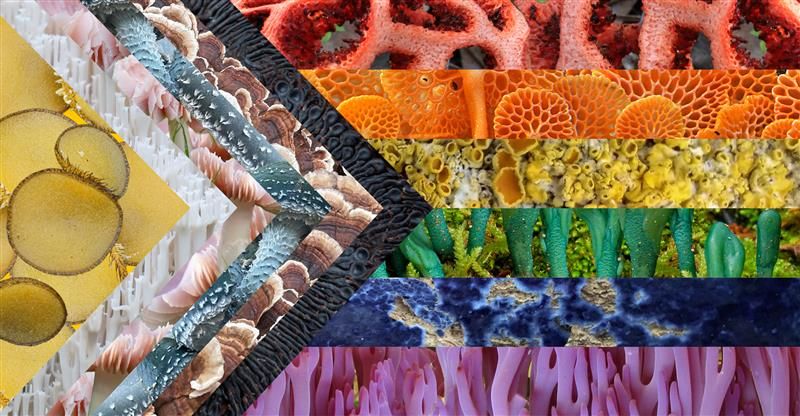
Another week or so, and the sun will not rise at all.
🧪🥼❄️🌊
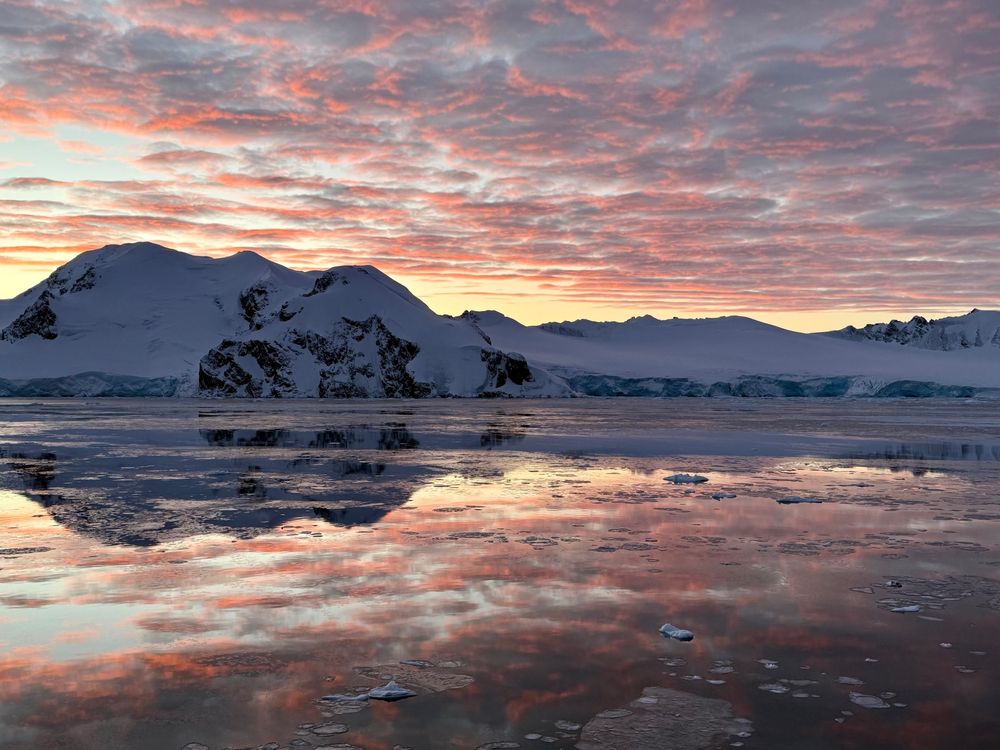
Another week or so, and the sun will not rise at all.
🧪🥼❄️🌊
A phylogenetic analysis of the flora of the Alps reveals that the flora is young and colonist rich. Its assembly was primarily driven by the Pleistocene climatic cycles.
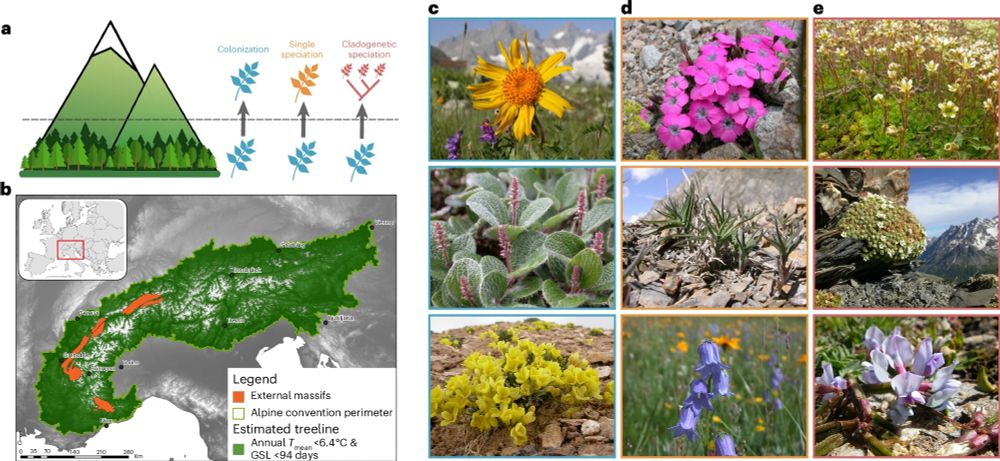
A phylogenetic analysis of the flora of the Alps reveals that the flora is young and colonist rich. Its assembly was primarily driven by the Pleistocene climatic cycles.
doi.org/10.1007/s112...
What might appear to be one network of plants and pollinators may in fact be many.
#Botany #PlantScience 🧪 #Gardening #InBrief
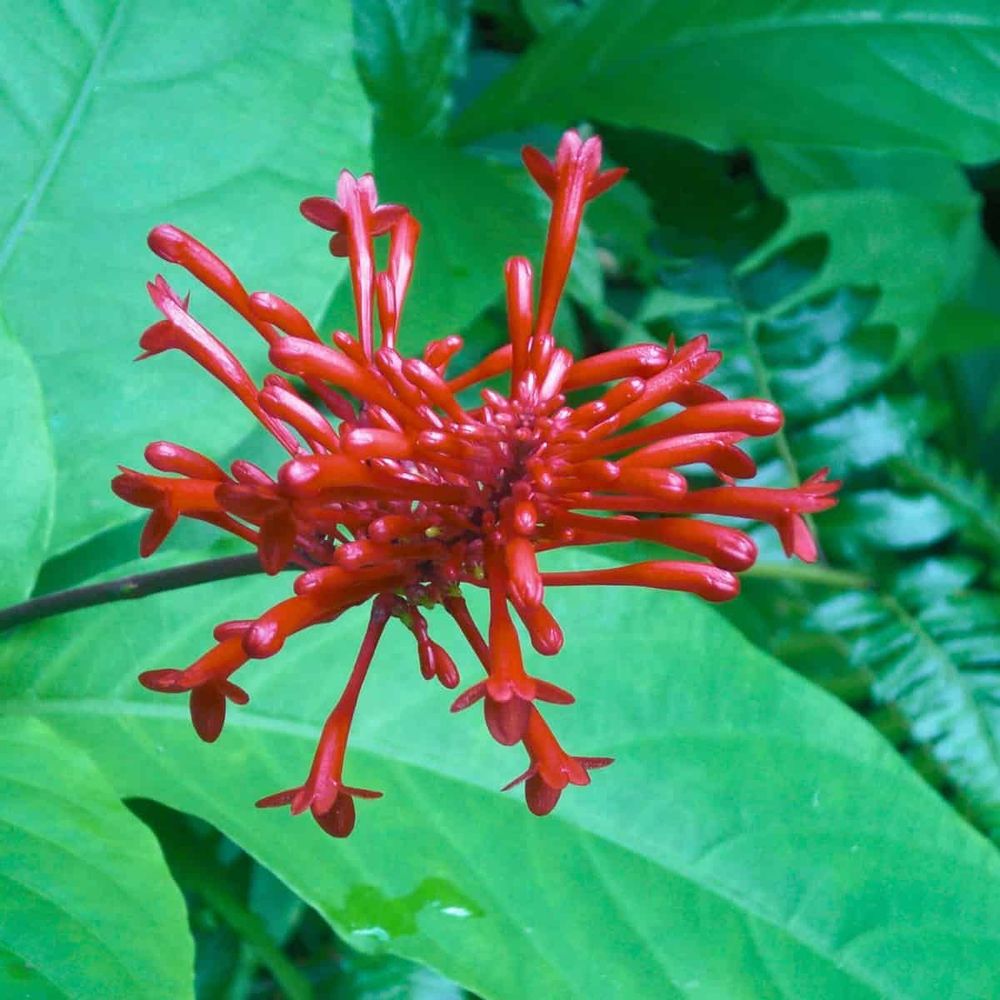
doi.org/10.1007/s112...
What might appear to be one network of plants and pollinators may in fact be many.
#Botany #PlantScience 🧪 #Gardening #InBrief
Lucy Witter @ndevere.bsky.social @abigaillowe.bsky.social et al.
📖 nph.onlinelibrary.wiley.com/doi/10.1002/...
📢 #PressRelease: www.eurekalert.org/news-release...

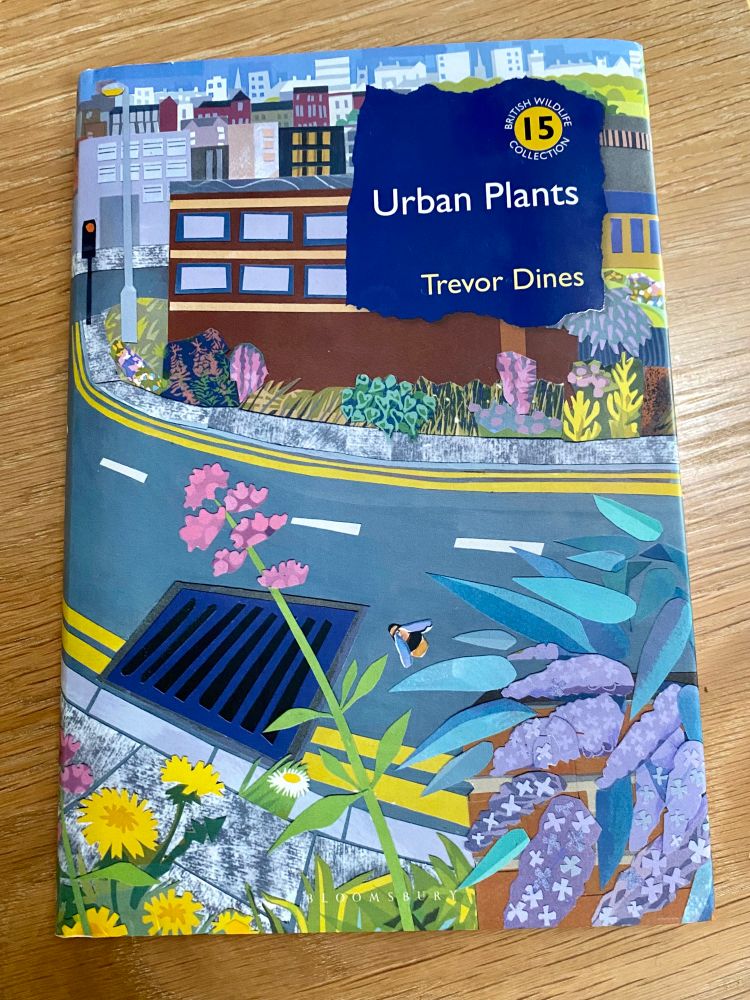
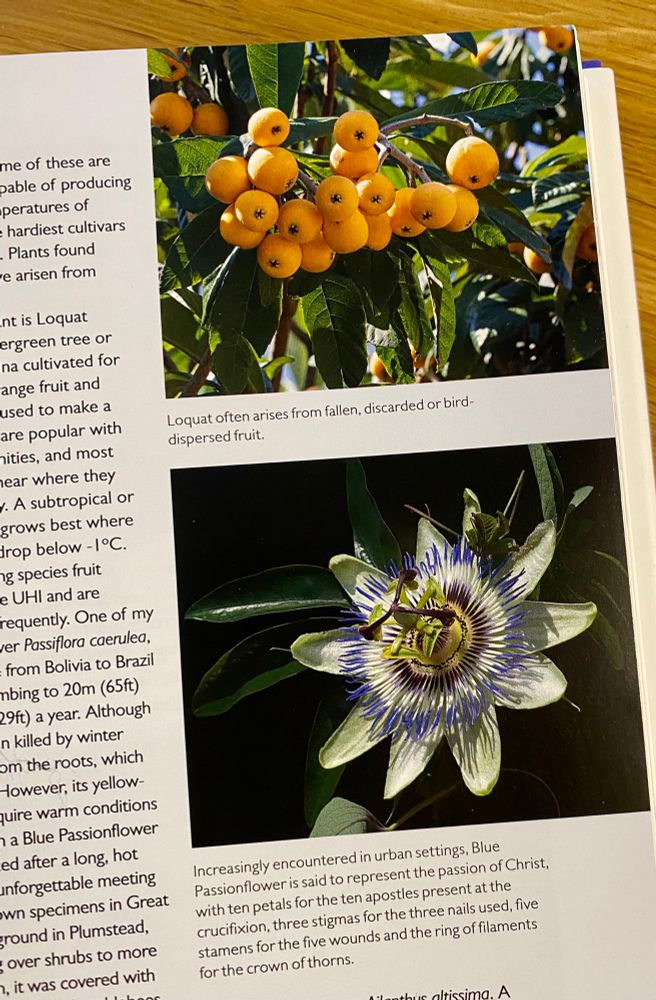
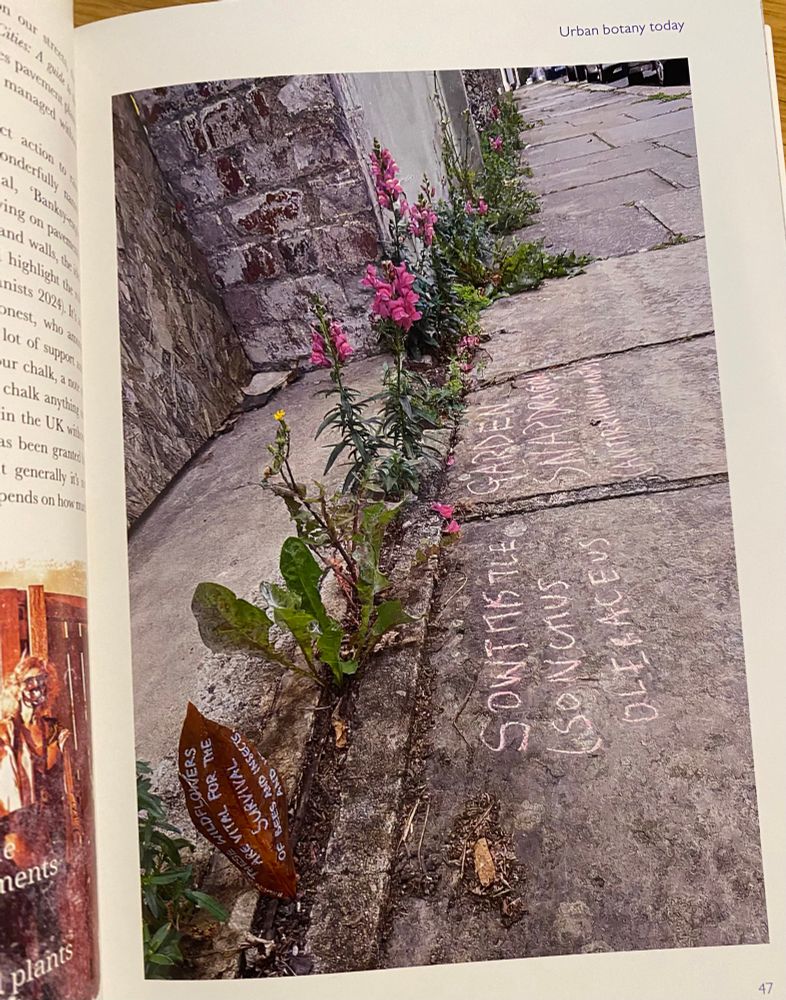
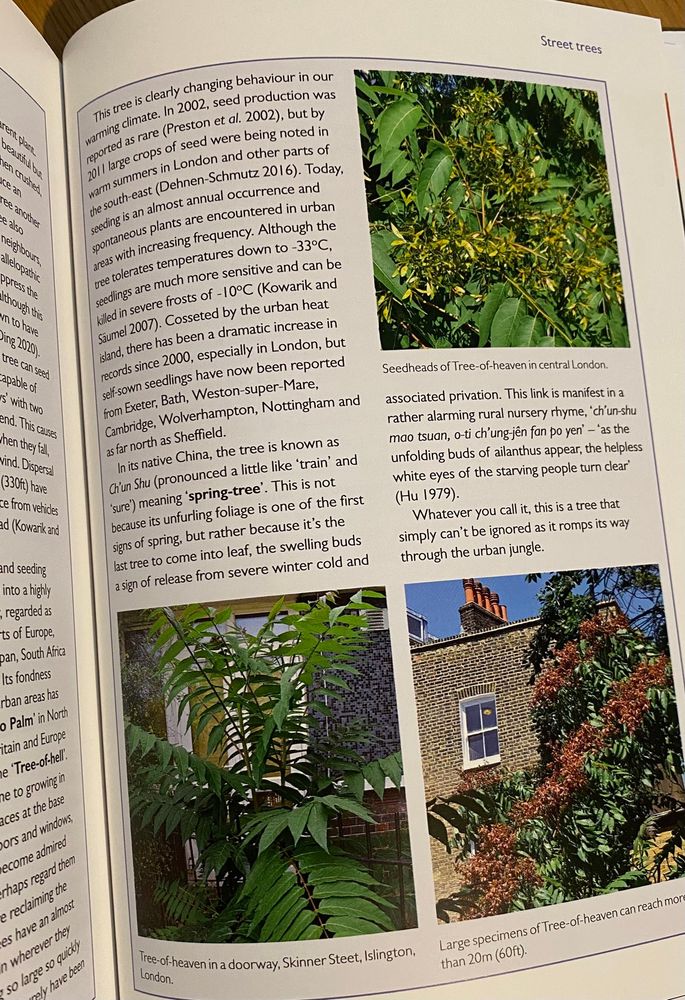
"Our database provides a framework for the first global meta-analytic overview of the response of insects to a range of major anthropogenic drivers"
onlinelibrary.wiley.com/doi/10.1111/...
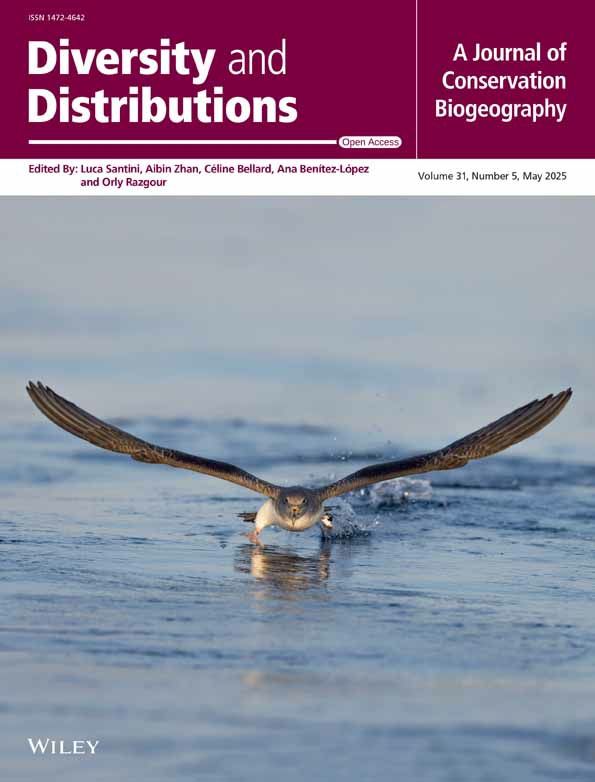
"Our database provides a framework for the first global meta-analytic overview of the response of insects to a range of major anthropogenic drivers"
onlinelibrary.wiley.com/doi/10.1111/...
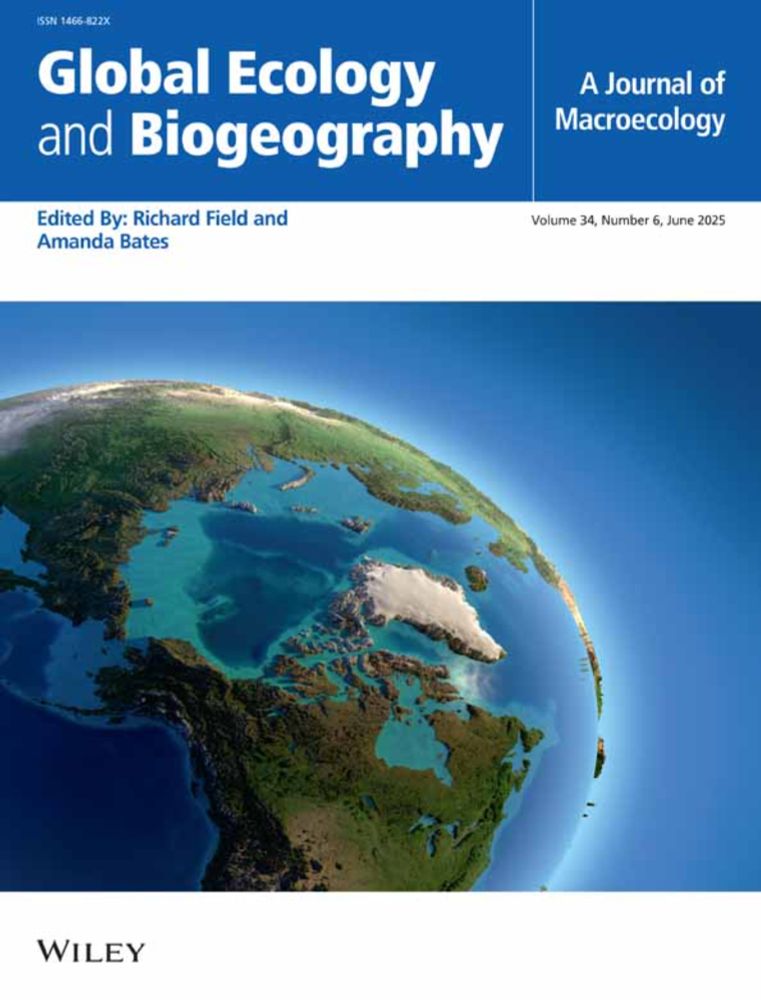
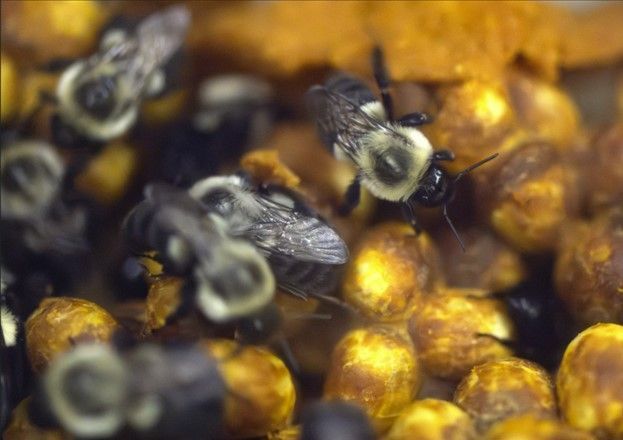
Web link: go.nature.com/4io2V0K
Readcube: rdcu.be/eh0v5
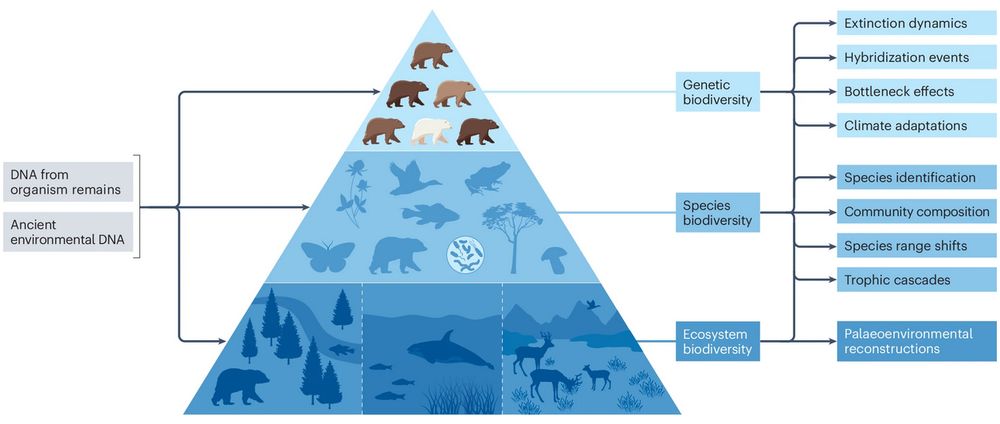
Web link: go.nature.com/4io2V0K
Readcube: rdcu.be/eh0v5
Web link: go.nature.com/4l4wcQs
Readcube: rdcu.be/eh0wE
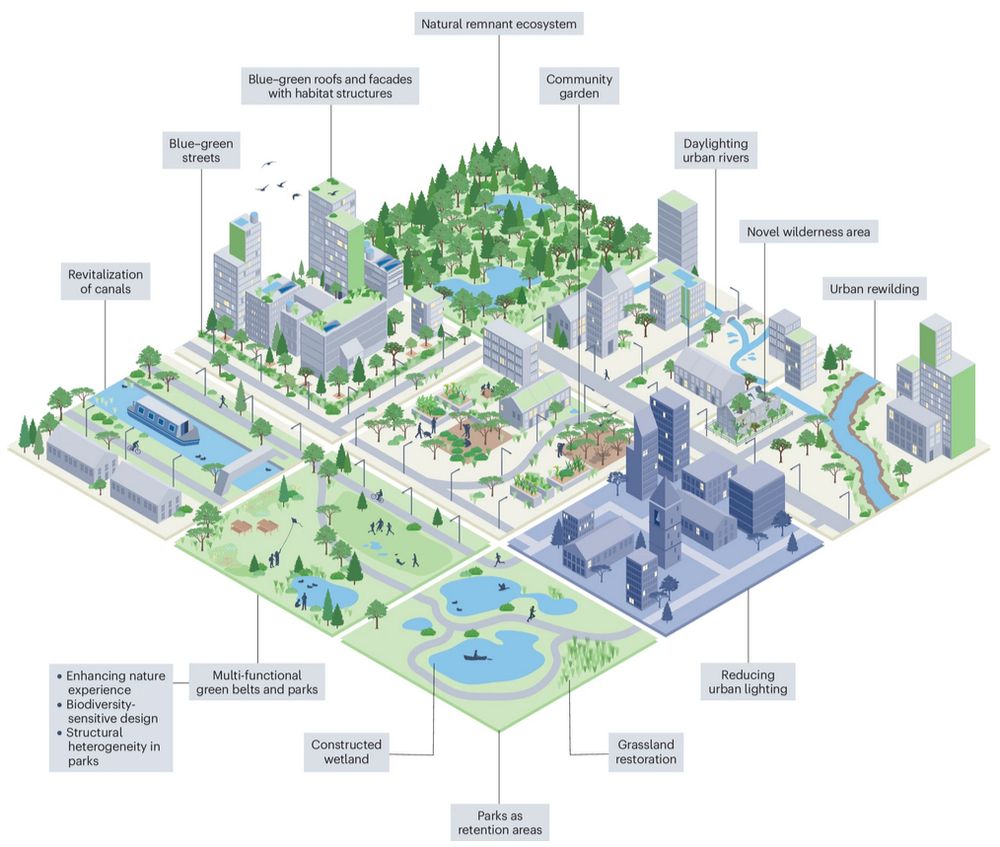
Web link: go.nature.com/4l4wcQs
Readcube: rdcu.be/eh0wE
A new study reveals that a decrease or excessive increase in water availability can negatively affect the reproductive potential of plant species & pollinators collecting their nectar. 🌍🧪
Learn more: www.nature.com/articles/s41...
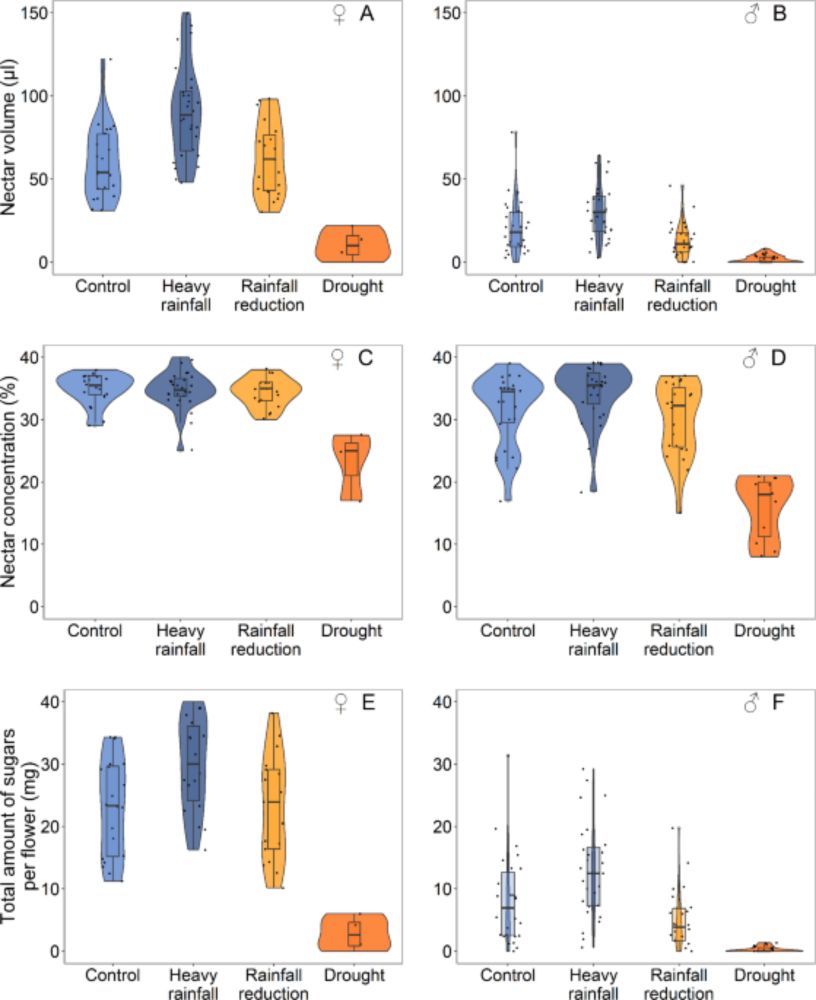
A new study reveals that a decrease or excessive increase in water availability can negatively affect the reproductive potential of plant species & pollinators collecting their nectar. 🌍🧪
Learn more: www.nature.com/articles/s41...
www.nature.com/articles/s41...
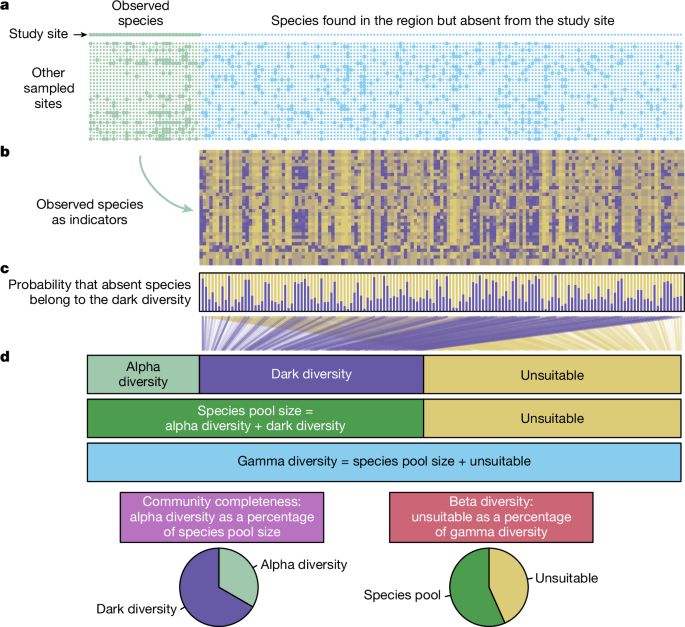
www.nature.com/articles/s41...
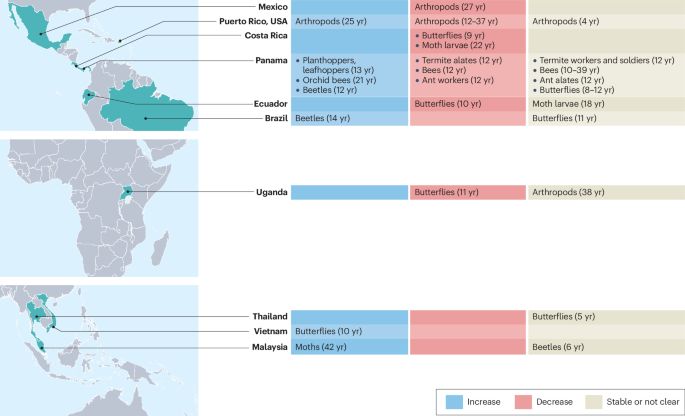
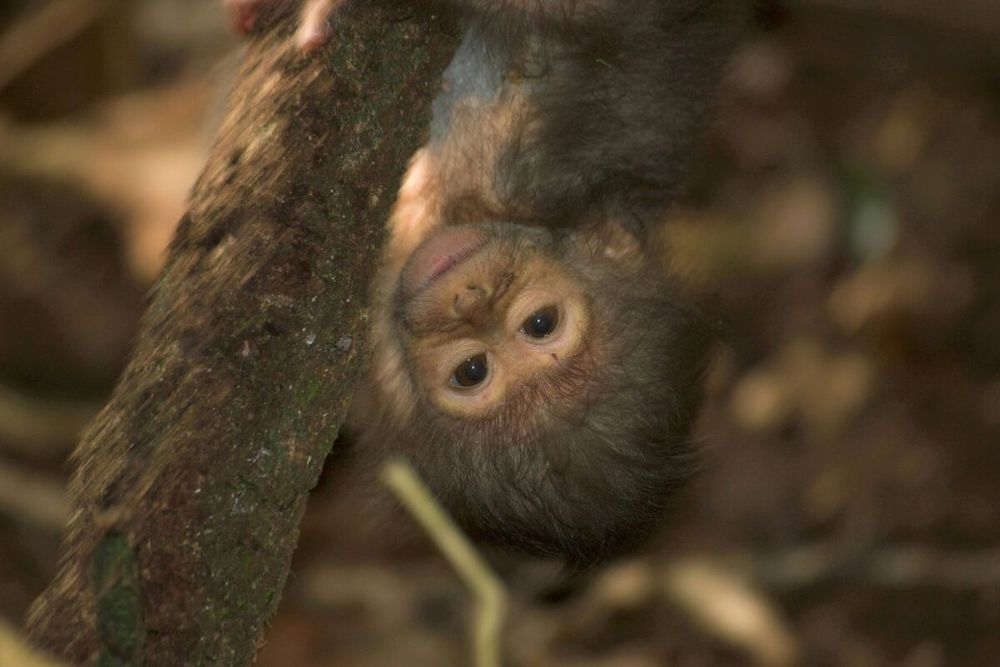
The largest research work I've ever undertaken:
Lords of the flies: dipteran migrants are diverse, abundant & ecologically important
Published in Biological Reviews: onlinelibrary.wiley.com/doi/full/10....
Thanks so much to co-authors @koralwotton.bsky.social & Myles Menz
1/x
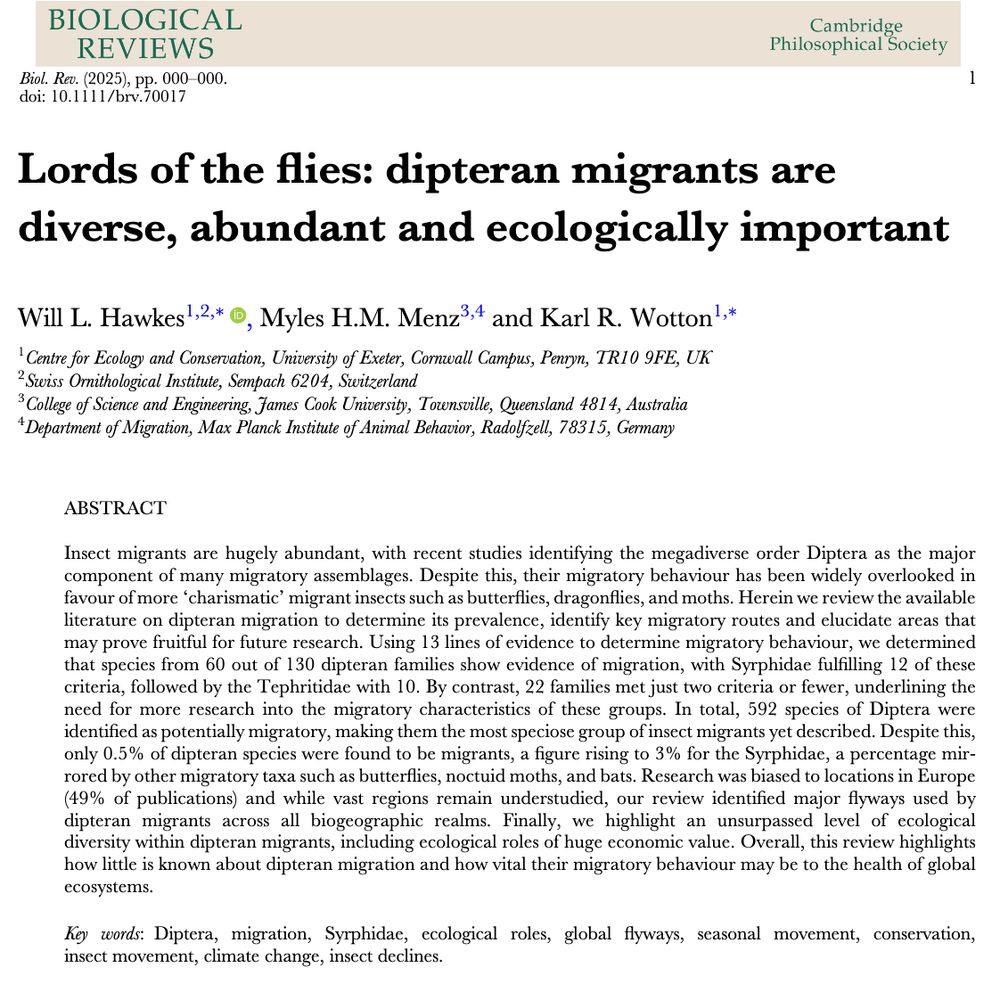
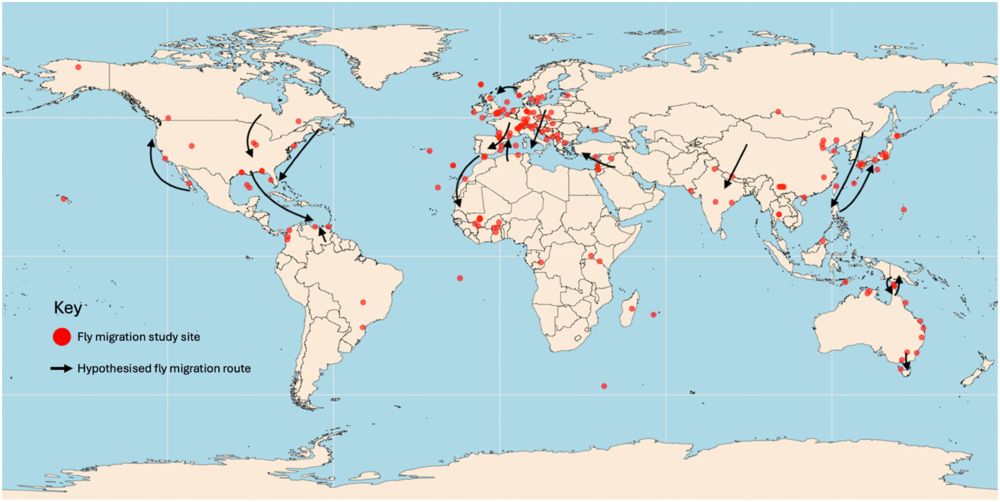
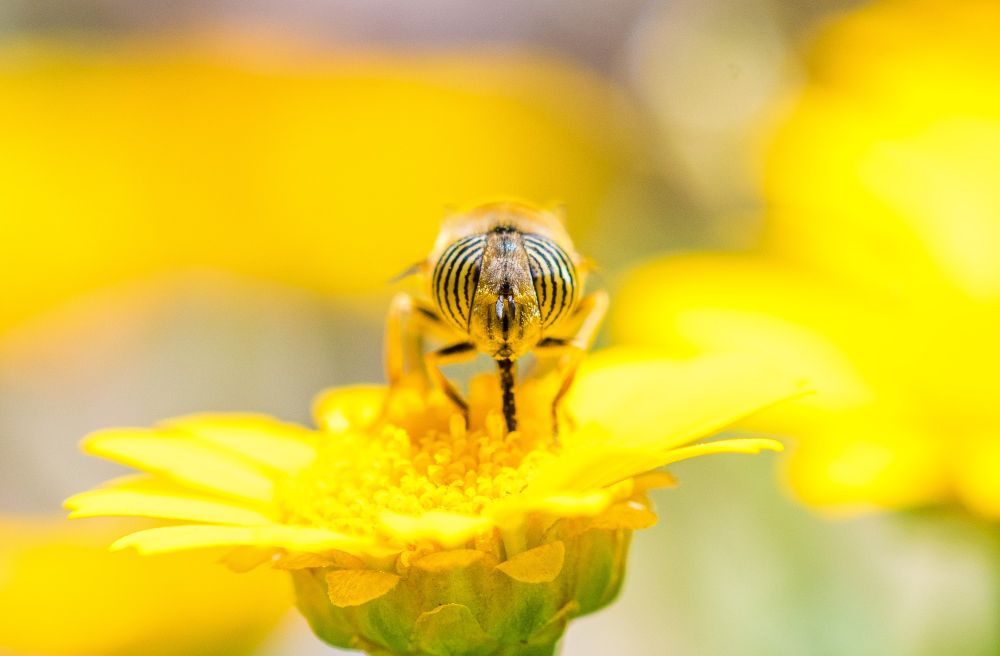
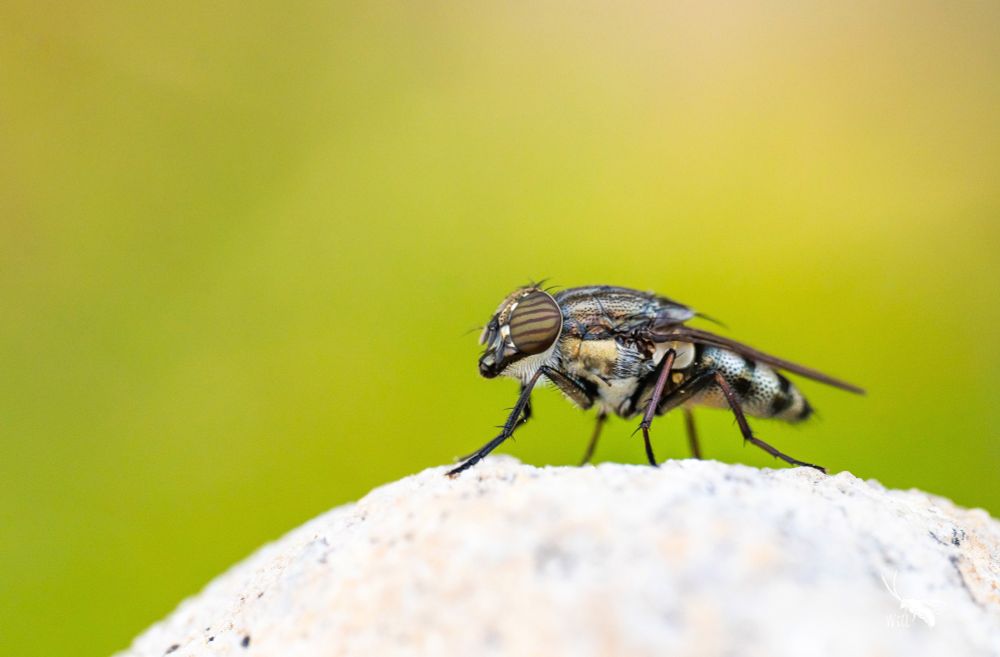
The largest research work I've ever undertaken:
Lords of the flies: dipteran migrants are diverse, abundant & ecologically important
Published in Biological Reviews: onlinelibrary.wiley.com/doi/full/10....
Thanks so much to co-authors @koralwotton.bsky.social & Myles Menz
1/x


